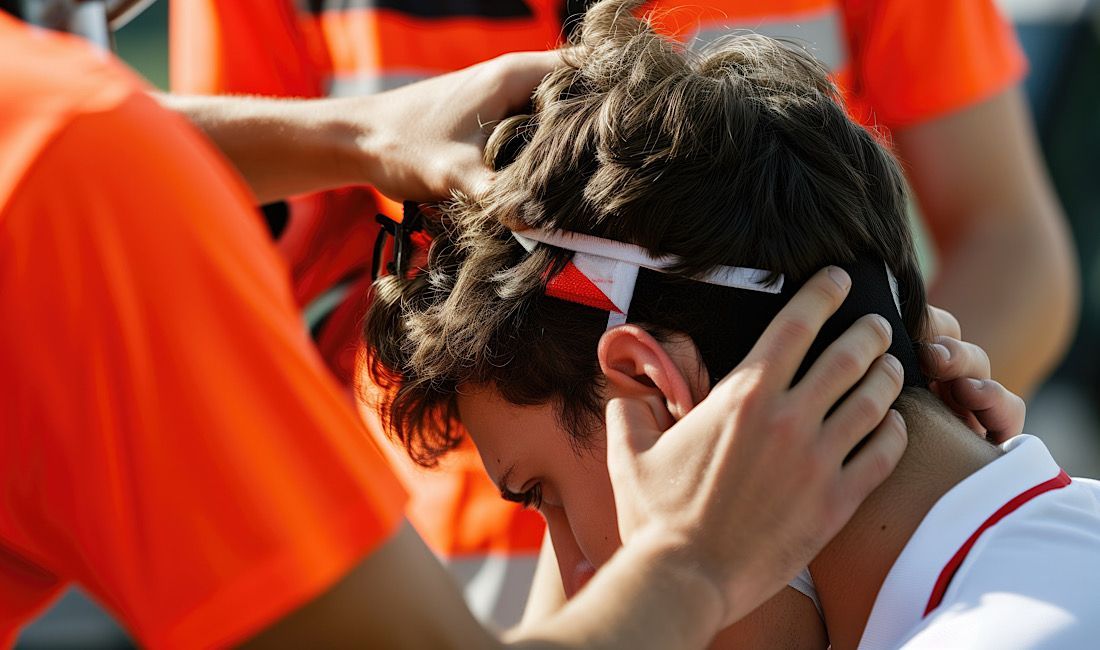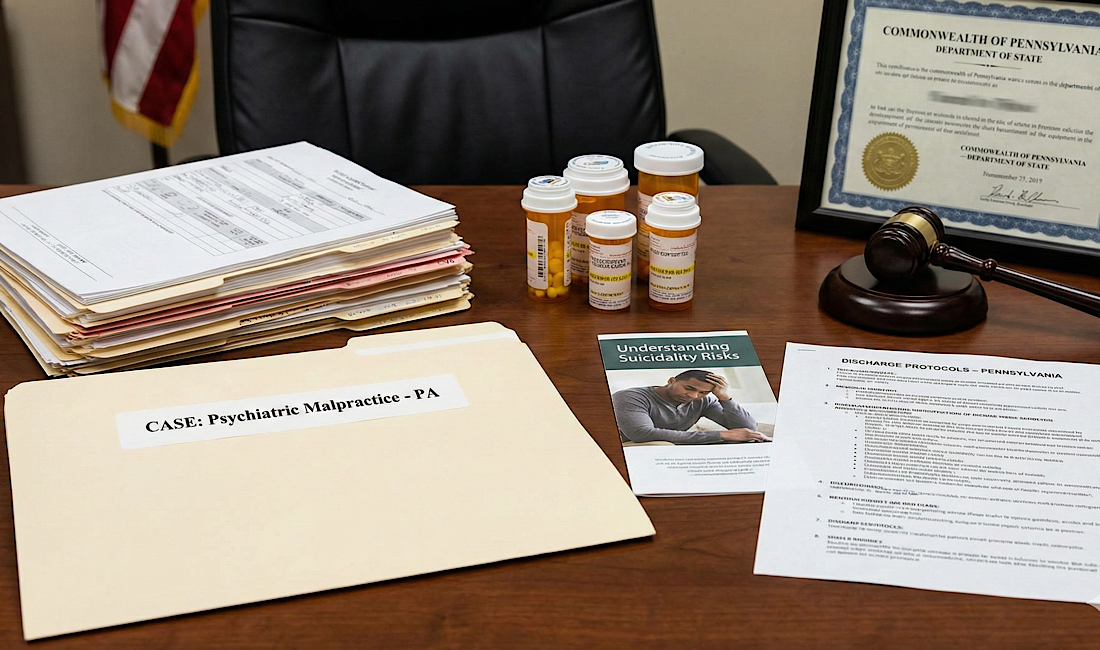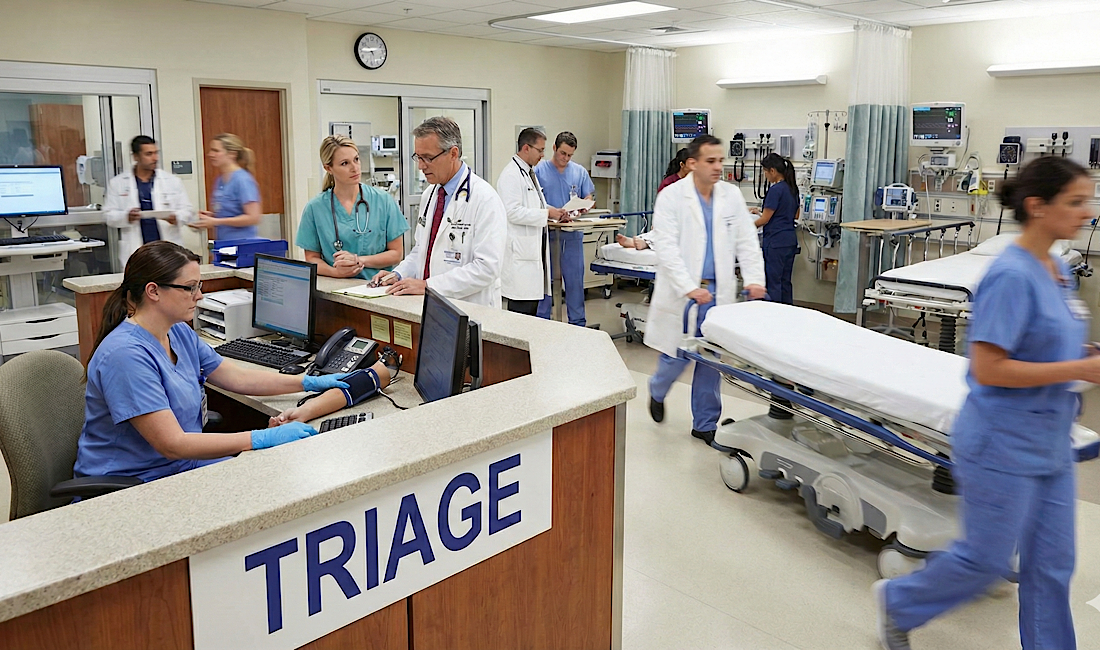The Hidden Dangers of Repeated Concussions — and How to Seek Justice

Concussions are often labeled as “mild” traumatic brain injuries (TBIs), but there’s nothing minor about repeated trauma to the brain—especially when it’s caused by someone else’s negligence. During the summer, Pennsylvania sees a spike in head injuries from car crashes, bike accidents, sports collisions, and falls. Unfortunately, many victims downplay symptoms or avoid follow-up care, unaware that each concussion increases the risk of long-term damage.
If you or someone you love has suffered a concussion injury in PA, it’s critical to understand your legal and medical rights. Whether it happened on the road, at work, or during recreational activity, you may be eligible for a brain injury claim—particularly if repeated head trauma was involved. Early action can help prevent permanent damage and secure the compensation you may need for recovery.
Why Repeated Concussions Are So Dangerous
The brain is a complex, delicate organ. While many people recover fully from a single concussion, a second or third injury—especially if it occurs before full healing—can significantly worsen symptoms and lead to lasting cognitive impairment.
Medical researchers refer to this as Second Impact Syndrome (SIS) or Post-Concussion Syndrome (PCS). In these conditions, the brain's ability to regulate blood flow, pressure, and function can become disrupted, sometimes permanently.
Some common consequences of repeated concussions include:
- Memory loss or difficulty concentrating
- Chronic headaches or migraines
- Sleep disturbances
- Emotional instability (e.g., anxiety, depression, irritability)
- Vision or balance problems
- Sensitivity to light or noise
In many cases, these symptoms do not show up immediately—and are frequently misunderstood by insurers or even medical professionals. That’s why post-concussion lawsuits often involve delays in diagnosis, improper care, or failure to warn individuals of the risk of further injury.
Common Causes of Concussion Injuries in Pennsylvania
Summer often brings more activity—and more danger. Many concussion injuries happen during warm-weather months due to:
- Car and motorcycle crashes
- Bicycle or pedestrian accidents
- Sports injuries (football, soccer, skateboarding, etc.)
- Slips and falls on unsafe premises
- Assault or head trauma from unsafe environments
If your concussion was caused by another party’s recklessness—such as a distracted driver, a negligent property owner, or improper supervision at a youth sports facility—you may have grounds for a brain injury claim.
Concussion Symptom Tracker: What to Monitor After a Head Injury
This table offers a simple way to help families or injury victims track signs of a worsening or repeated brain injury.
| Symptom | First Concussion | Second Concussion | Post-Concussion |
|---|---|---|---|
| Headache | Mild and short-term | Persistent | Chronic and severe |
| Memory Issues | Slight forgetfulness | Noticeable confusion | Long-term memory loss |
| Mood Changes | Irritability | Anxiety, sadness | Depression or emotional dysregulation |
| Sleep Disruption | Trouble falling asleep | Frequent waking | Ongoing insomnia or oversleeping |
| Physical Corrdination | Dizziness | Unsteady balance | Falls, disorientation |
If symptoms persist or worsen, medical follow-up is essential. And if the injury was caused by someone else’s actions, you should consult a lawyer to understand your options.
What You Can Recover in a Post-Concussion Lawsuit
When a concussion is the result of negligence, Pennsylvania law allows victims to seek compensation for both short- and long-term effects. Damages in a brain injury lawsuit may include:
- Medical expenses, hospital visits, and therapy
- Lost wages or diminished future earning capacity
- Pain and suffering
- Long-term care or vocational retraining
- Mental health treatment
- Decreased quality of life
In more severe cases, especially where repeated concussions result in permanent disability, settlements or jury verdicts may reach substantial amounts—particularly when the victim is a young person with a lifetime of impact ahead.
Frequently Asked Questions About Concussion Injury Claims
What if I didn’t lose consciousness—can I still file a claim?
Yes. A concussion can occur even without a blackout. If symptoms appeared after a head impact and you were injured due to negligence, you may have a valid claim.
How do I prove a concussion legally?
Medical records, neurocognitive testing, testimony from doctors, and imaging (when available) are key. An attorney can help coordinate expert review.
Can I sue if my child got a concussion at school or camp?
Potentially, yes. Liability may fall on a school district, coach, facility operator, or organization if safety standards were not followed.
Is there a time limit for filing a concussion lawsuit in Pennsylvania?
Generally, you have two years from the date of the injury. For minors, the clock may start when they turn 18. Early legal consultation is critical.
What if I had a pre-existing concussion history?
That does not invalidate your claim. In fact, additional injuries may compound your suffering, which is legally relevant. The law allows for recovery even when prior conditions exist.
Support, Answers, and Legal Help When You Need It Most
Concussions may not leave visible scars, but the damage is real—and lasting. If you’ve experienced a delayed or repeated head injury due to someone’s careless actions, don’t suffer in silence. At Frischman & Rizza, our team understands the complex medical, legal, and emotional dimensions of brain injury cases in Pennsylvania. We work with medical experts, neuropsychologists, and accident investigators to uncover what went wrong and pursue justice on your behalf.
Call us today at (412) 247-7300 to
schedule a free case evaluation. Whether you’re dealing with recent symptoms or long-term complications, we’re here to protect your future.





